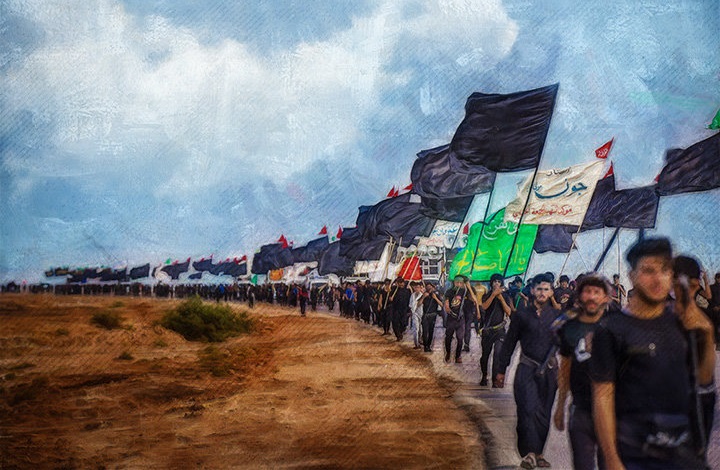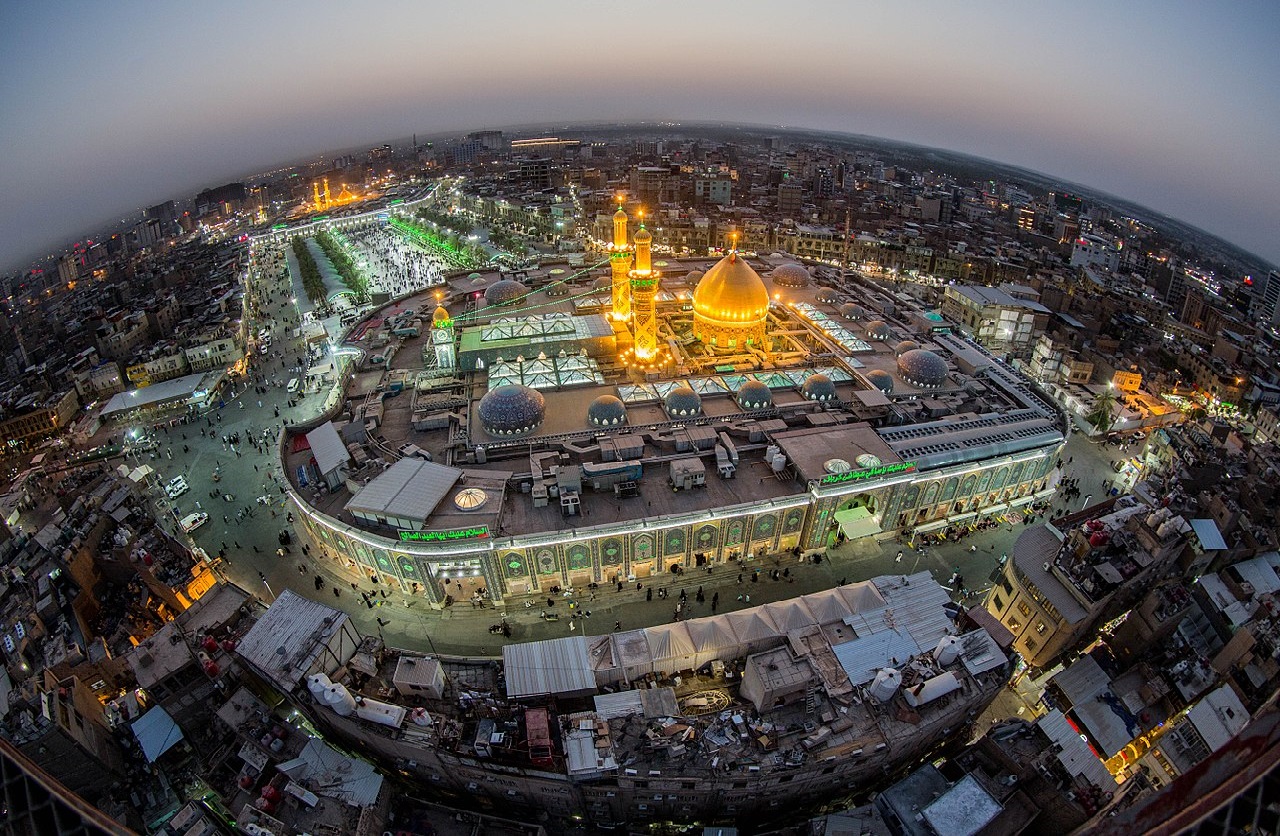Opposers of ziyāra also cite a hadith from the Messenger of Allah indicating prohibition of intending to travel to any masjid but the Masjid al-Nabi and Masjid al-Haram and Masjid alAqsa.
They believe that it is permissible and even favorable for a Muslim to travel to Medina with intention of performing salah in Masjid al-Nabi, but it is not permissible to travel with intention of ziyāra of the grave of the Prophet (PBUH&HP) or other graves and if the travel is done with intention of ziyāra, that travel is a sin.
Even if a person has vowed such a trip, doing it is not incumbent upon that person. In response it has been said that with due attention to the Prophet’s travel to Quba Masjid this prohibition can not be a sanctionative forbiddance rather it is an advisory prevention. It means that enduring hardships for traveling to masjids is useless, for, the reward of performing salah in all masjids but the three mentioned Masjids is the same.
In any case, this prohibition is not related to the decree for ziyāra of the grave of the Prophet, such decree is deduced from proofs. In recent decades, under the influence of Saudi Wahhabism, some in Iran also have presented certain criticism about ziyāra and have found some followers too. It is noteworthy to mention that some of their followers, after evaluating the beliefs of these criticizers, have left them expressing regret and criticizing themselves.
Some criticism of ziyāra expressed by the leaders of this belief is related to the life and consciousness of Prophets and Imams and dignitaries of religion and martyrs after death. For instance, they have said that the world of barzakh (limbo: time between death and Qiyamat) is a world of unawareness with no consciousness, and the dead even if they have special kind of life, will not be aware of this world.
Their proof is certain Verses of the Qur’an such as Fātir: 22; Rum: 52 and Naml: 80 in which the Prophet (PBUH&HP) was told that he could not make the people resting in graves to hear. They also rely on parts of Nahj al-Balaghah indicating that the grave is a place of loneliness and solitude (Sermon 83), and that the neighboring dead are unaware of each other’s conditions (Sermon 111). Therefore, in their view none of the dead has any knowledge and information about the world of the living.
Source:
Pilgrimage “Ziyāra” from the Viewpoint of the Holy Quran, Hadiths and Theological Discourses-An Entry from Encyclopaedia of the World Islam [p 22-23].
Author: Maryam Kiani Farid
Translated by Mojganeh Saffarnia.


